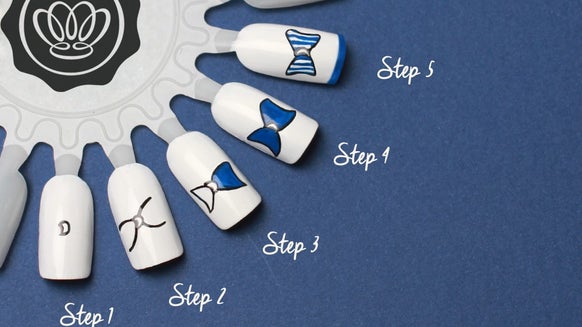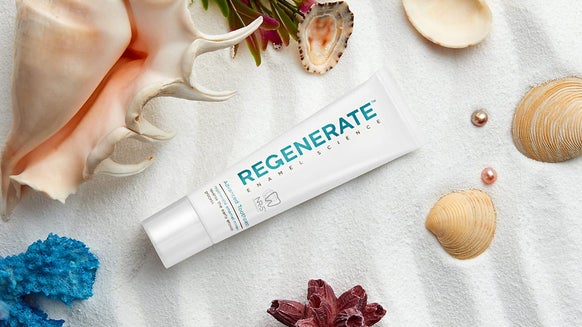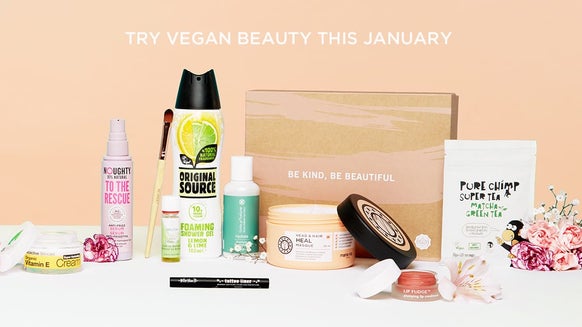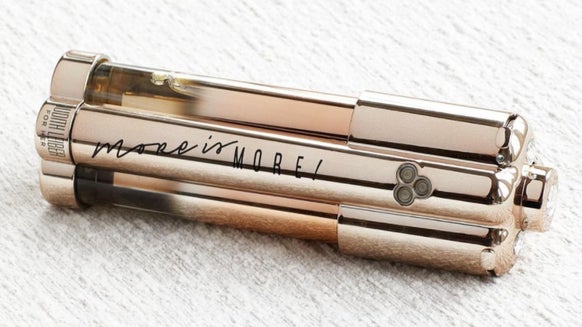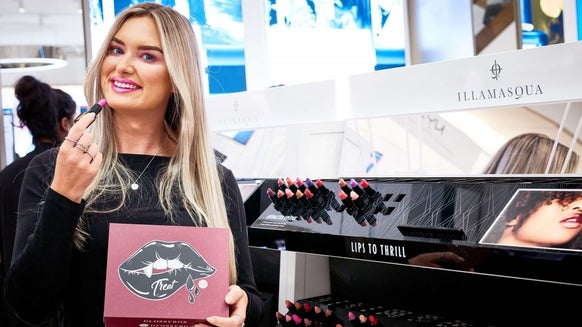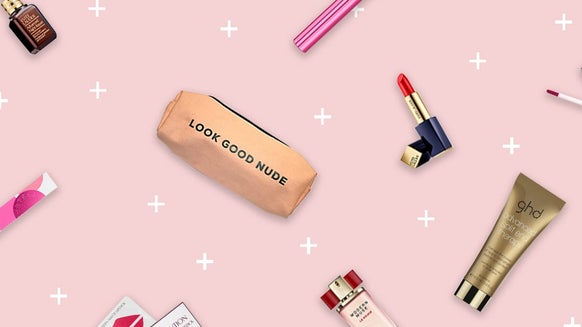Here’s How To Combat Oily Skin…

Oily skin can be the most high maintenance skin type, needing regular touch ups, constant checks and suiting a limited number of beauty products. It’s easy to fall into the trap of over-stimulating it or constantly powdering - both of which can make the situation worse. Don’t worry, our guide will set you straight and turn your oily skin into a glowing complexion.
The condition seborrhea, oily skin, is caused by excess sebum and it’s something many of us experience during puberty when increased androgen levels send a signal to the oil glands to mature. It’s not just teenagers who get be a little over-productive on the sebum front. Oily skin can be triggered at any age by medications, stress, hormones, using the wrong products, the changing seasons and even tanning.
Omega 3 If you can keep your hands well away from your face. Oil plus the dirt and germs we have on our hands make for a toxic combination and can turn an oily skin into breakout central and as with any skin complaint there’s value in looking at your diet. High fat foods are worth avoiding, but don’t turn your back on Omega 3 fatty acids, the likes of which you find in fish, as they are well known to be anti-inflammatory and can actually calm and reduce acne.
Excess oil Over-powdering oily skin might deal with the problem in the short term, but can suffocate skin and cause it to head into a flat panic and - you guessed it - produce more oil. Grab yourself some blotting papers instead and mop up the excess oil rather than mix it with powder on the surface of your skin. The effect is prettier, lasts longer and will keep your skin breathing. We love: DHC Oil Blotting Papers, £4.50
Build up a routine The last thing you want is for your skin to react to a product you’re using and produce more oil. While it might be tempting to try anything and everything to combat the oiliness the advice is to introduce a product at a time and use it for a while to see how it affects your skin. Chopping and changing skincare is fine for skin types that aren’t reactive, but with oily skins it’s best to take a ‘softly softly’ approach.

